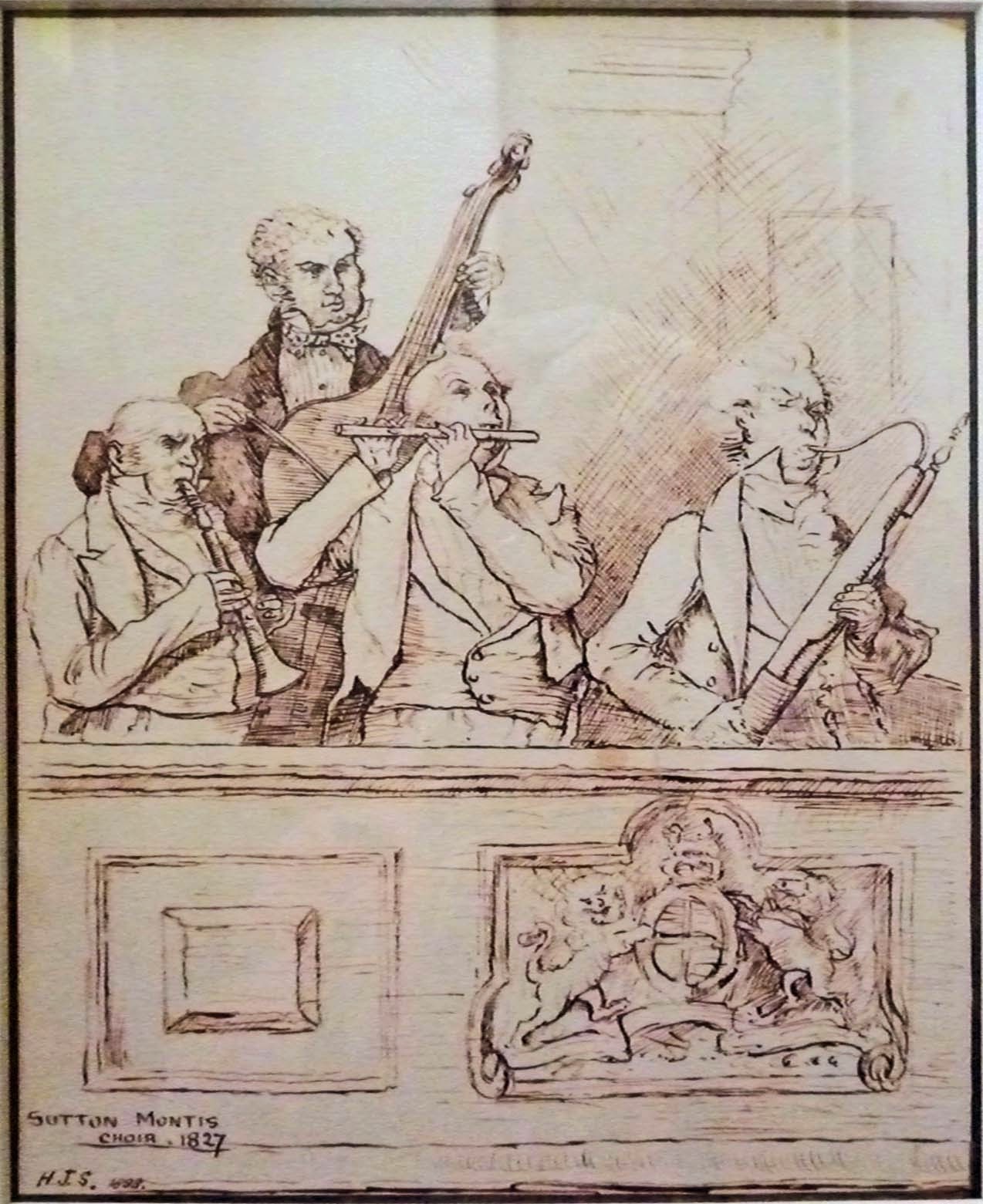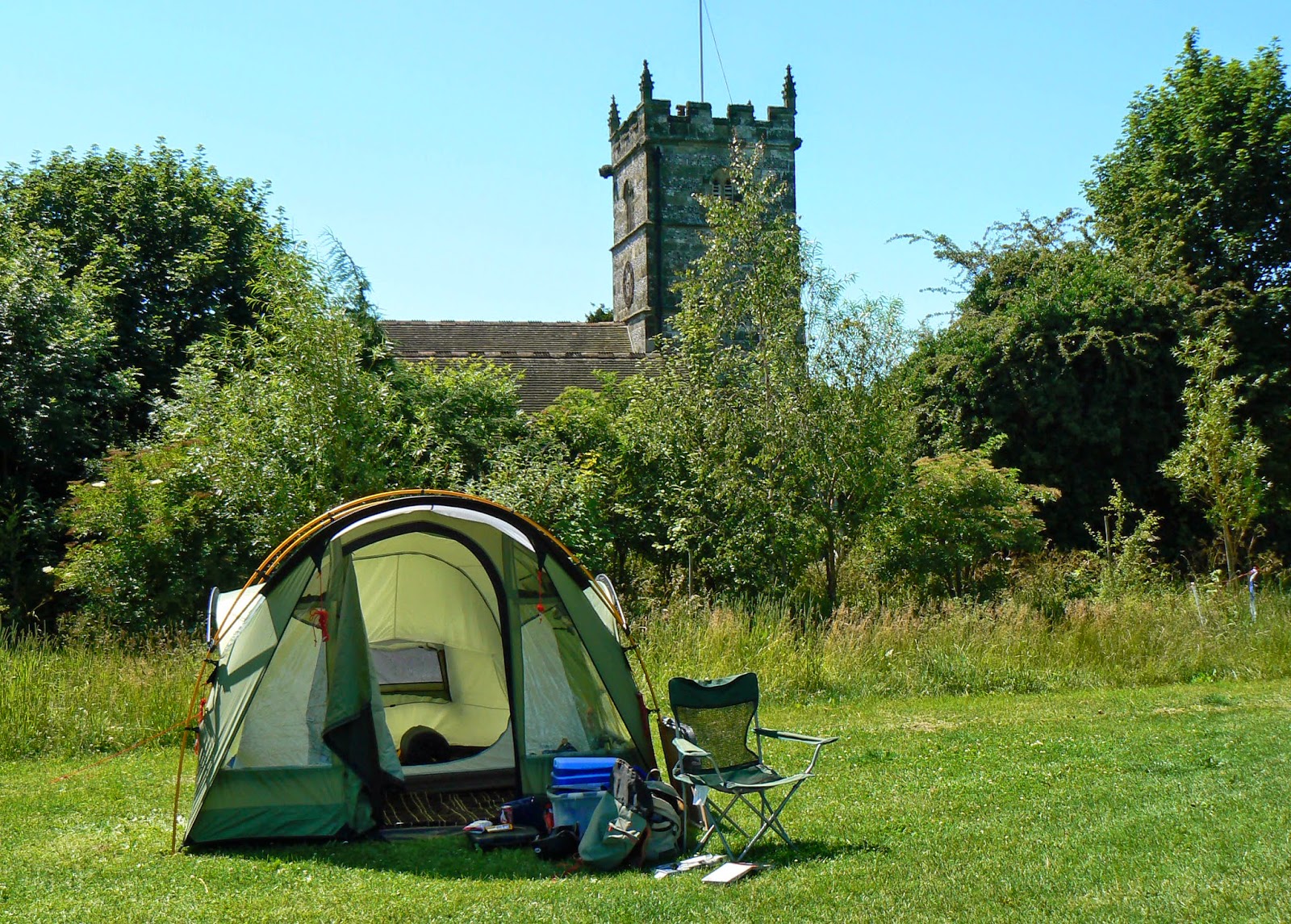There was a time when this wiggly-woggly instrument, called for obvious reasons, a serpent, was a mainstay of the long defunct village church orchestra. The serpent and orchestras were swept way with the onslaught of new-fangled harmoniums and organs by the Victorians.
By Thomas Hardy's time they had already become the stuff of nostalgia as this piece from 'Under the Greenwood Tree' testifies...
'Times have changed from the times they used to be,' said Mail, regarding nobody can tell what interesting old panoramas with an inward eye, and letting his outward glance rest on the ground, because it was as convenient a position as any, 'People don't care much about us now! I've been thinking we must be almost the last left in the county of the old string players? Barrel-organs, and the things next door to 'em that you blow wi' your foot, have come in terribly of late years.'
'Ay!' said Bowman, shaking his head; and old William, on seeing him, did the same thing.
'More's the pity,' replied another. 'Time was - long and merry ago now! - when not one of the varmits was to be heard of; but it served some of the quires right. They should have stuck to strings as we did, and kept out clarinets, and done away with serpents. If you'd thrive in musical religion, stick to strings, says I.'
'Strings be safe soul-lifters, as far as that do go,' said Mr Spinks.
'Yet there's worse things than serpents,' said Mr Penny. 'Old things pass away, 'tis true; but a serpent was a good old note: a deep rich note was the serpent.'
 |
| A drawing of the Sutton Montis church orchestra in action in 1827 |















































